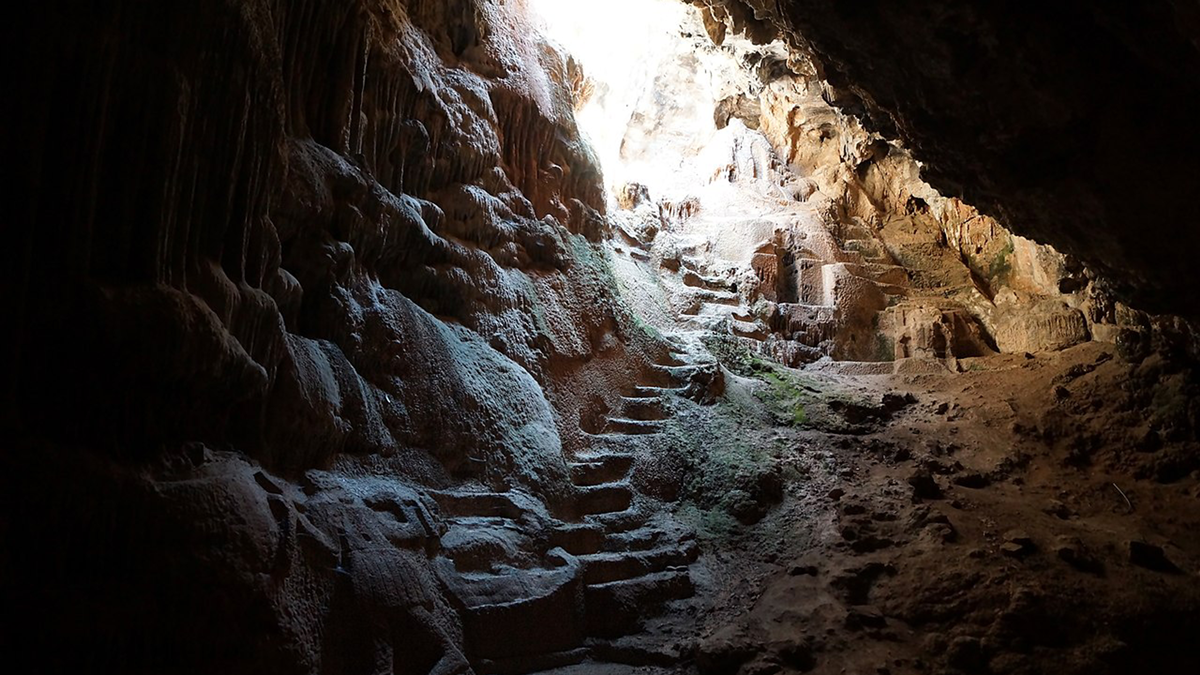The POLITEIA II (Politismos-Technologia, New Technologies in the Research, Study, Documentation and Access to the Information for Cultural Heritage Objects and Monuments II) (MIS 5002478) research project, Action KRIPIS, is implemented under the "Action for the Strategic Development on the Research and Technological Sector" of the General Secretariat for Research and Technology, Ministry of Education, Greece and the European Regional Development Fund.
The project constitutes a continuation of POLITEIA I project (MIS 448300) and reflects one of the current development plans of FORTH. As in its first phase of POLITEIA I, six Institutes of FORTH collaborate towards an integrated interdisciplinary approach for the development and the best use of innovative technologies in the domain of Cultural Heritage. The main focus of the project is towards the research and development of tools, methods, techniques, analyses for the diagnosis, archiving, study, protection, management and promotion of cultural heritage monuments.
There are 3 axes serving as the test bed of the project:
- Technologies of mapping and restoration
- Intangible cultural content (archives, databases)
- Material culture (artifacts, monuments, sites)
The Laboratory of Geophysical – Satellite Remote Sensing and Archaeo-environment (GeoSat ReSeArch) of IMS-FORTH participates in project with several actions:
- Cave Scapes
- CORONA Atlas of Greece - Mapping the Landscape of the Past through early Satellite Imagery
- Virtual Archaeological Scapes - Virtual Reconstructions and Presentation of Cultural Heritage assets
- Training Activities – Organization of workshops
- Seismic Refraction – Seismic Refraction Modeling & Inversion Application
The results of the above research actions are expected to have a direct impact on the way of mapping of the historical and archaeological landscapes and can be applied in a wide spectrum of archaeological sites, offering a friendly tool for the study of the diachronic usage, evolution and modification of the landscape.
Acknowledgements
This work was supported by the project "POLITEIA II" (Politismos-Technologia, New Technologies in the Research, Study, Documentation and Access to the Information for Cultural Heritage Objects and Monuments II) (MIS 5002478), implemented under the "Action for the Strategic Development on the Research and Technological Sector" and funded by the Operational Programme "Competitiveness, Entrepreneurship and Innovation" (NSRF 2014-2020) and co-financed by Greece and the European Union (European Regional Development Fund).




